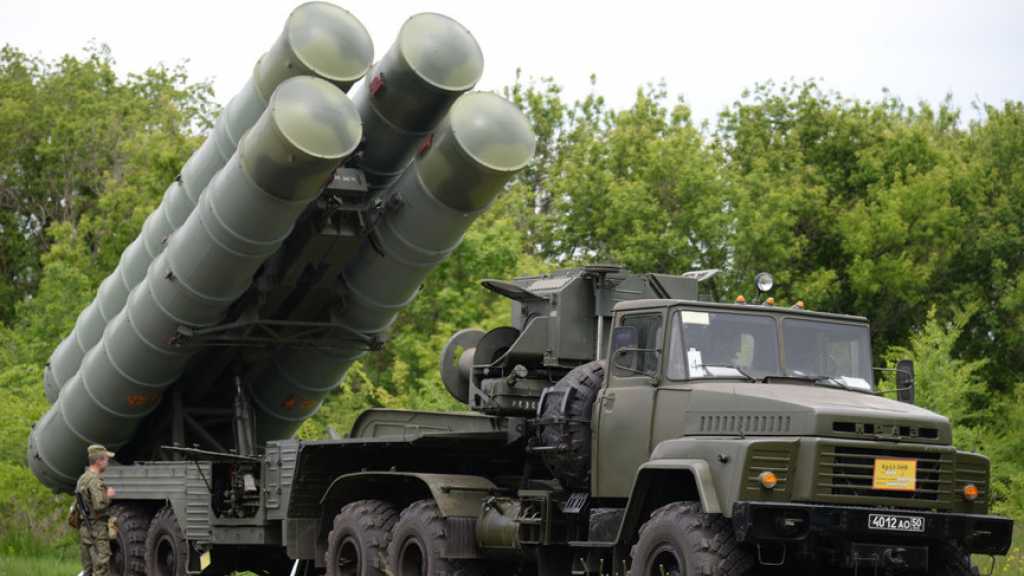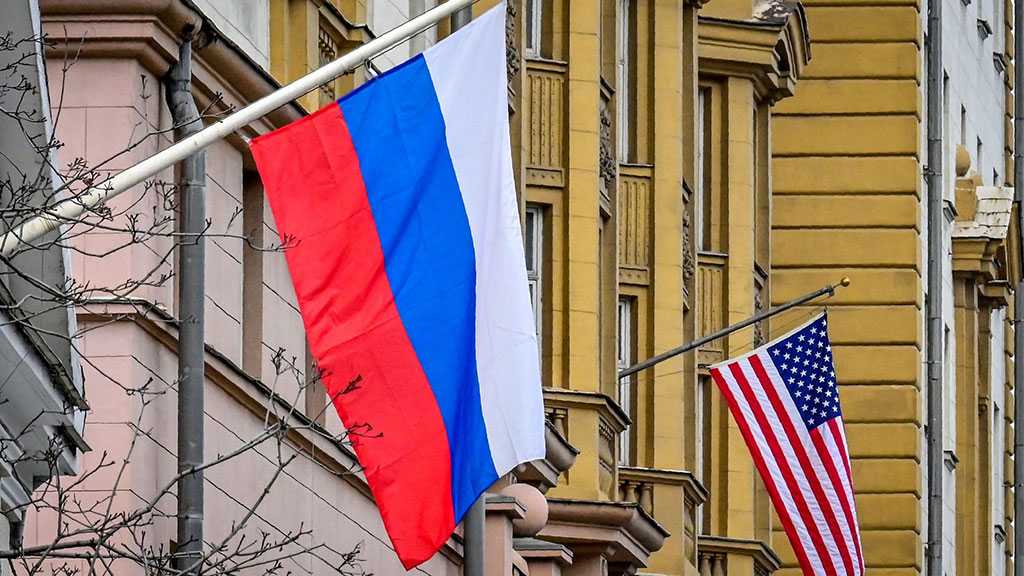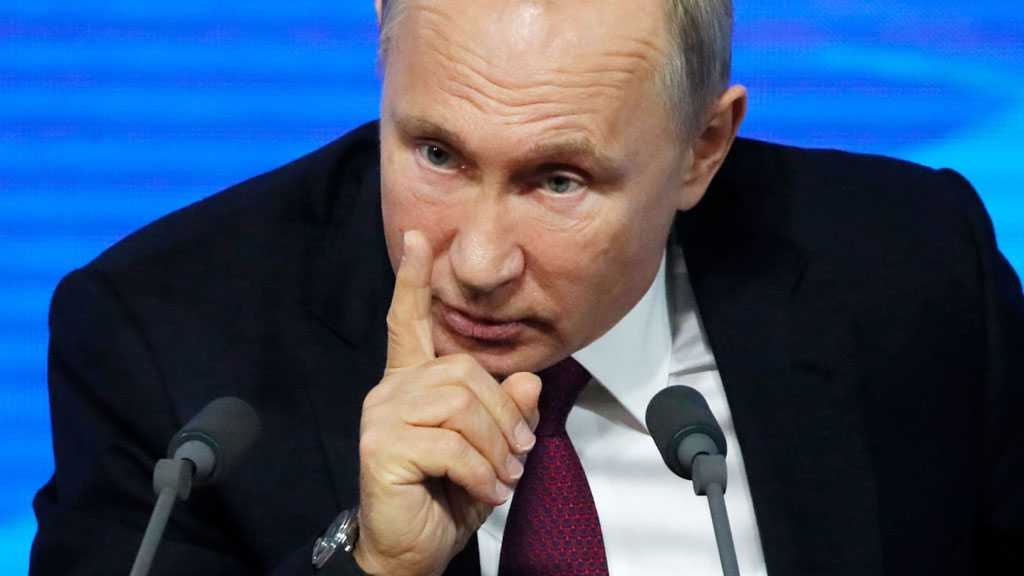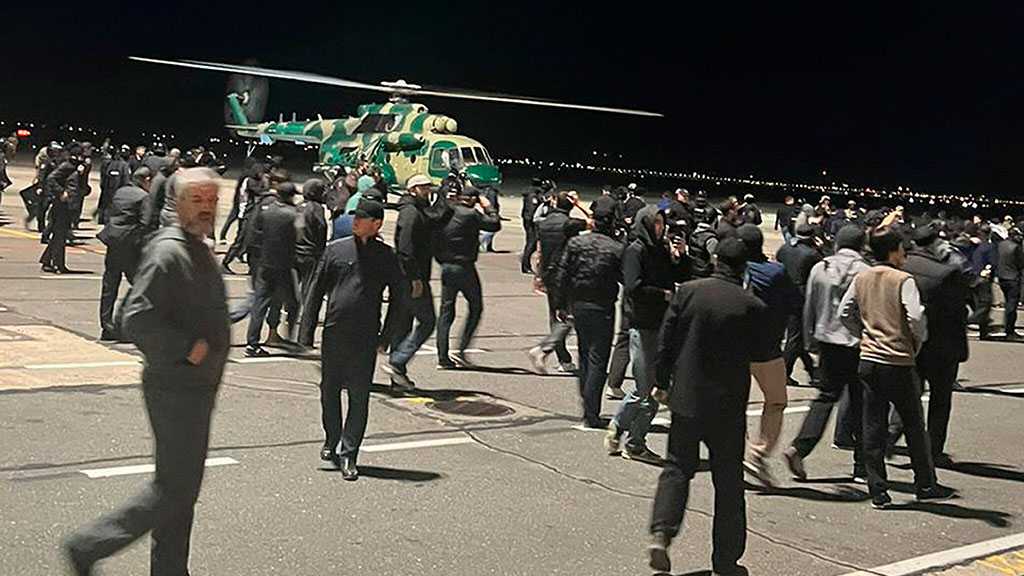
Moscow’s Response to “Israeli” Aggression: S-300 to Syria, Electronic warfare over Mediterranean

Local Editor
As part of response to the downing of a Russian Il-20 plane amid an “Israeli” air aggression on Syria, Moscow announced that it will deliver an S-300 air defense system to Damascus within 2 weeks.
This comes as Moscow accused Tel Aviv of failing to inform Russia about its impending attack on targets in Syria, which resulted in a downing of the Russian electronic warfare aircraft by Syrian return fire.
Russian President Vladimir Putin ordered the defense ministry to take several measures in response to the incident, the ministry said in a statement on Monday.
“In 2013 on a request from the “Israeli” side we suspended the delivery to Syria of the S-300 system, which was ready to be sent with its Syrian crews trained to use it,” the statement said, pointing out that “The situation has changed, and not due to our fault.”
The S-300 is a relatively modern system capable of engaging targets at the range of up to 250 km. Syria’s current anti-aircraft systems are older models.
The Russian military will also supply better control systems to Syrian Air Defense Troops, “which are only supplied to the Russian Armed Forces,” defense chief Sergey Shoigu elaborated. This will allow integration of Syrian and Russian military assets, allowing the Syrian to have better targeting information.
“The most important thing is that it will ensure identification of Russian aircraft by the Syrian air defense forces.” Potentially it would also expose “Israeli” aircraft tracked by Russian radar stations to Syrian fire.
The third measure announced by the Russian defense ministry is a blanket of electronic countermeasures over Syrian coastline, which would “suppress satellite navigation, onboard radar systems and communications of warplanes attacking targets on Syrian territory.”
Shoigu said the measures are meant to “cool down ‘hotheads’ and prevent misjudged actions posing a risk to our service members.” He added that if such a development fails to materialize, the Russian military “would act in accordance to the situation.”
Commenting on the development later in the day, Kremlin spokesman Dmitry Peskov stressed that the Russian leadership made the decision to protect Russian aircraft in Syria from further friendly fire incidents and “is not directed against third nations.”
Source: News Agencies, Edited by website team
Comments
- Related News

Moscow: Talks with US Unlikely
4 months ago
Russia Warns Its Nationals Against Traveling To US
5 months ago
